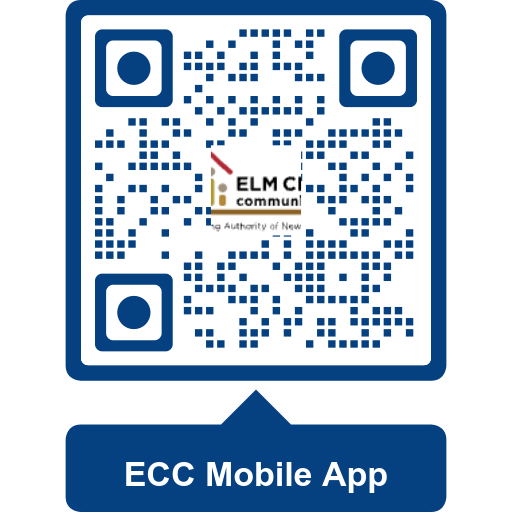
Keeping you active, healthy, and engaged
Resources and Support
The Community Economic Development Department (CED) connects Elderly and Disabled residents to resources and supportive services in the areas of health and wellness, financial literacy, education, and socialization.

Supportive Care Services Offered
Helping Elderly/Disabled residents
CED helps Elderly/Disabled residents to remain independently housed, lease compliant with maximum quality of life by connecting residents to a variety of supportive care services.
Goals of service delivery are to support a sense of community and companionship and decrease isolation; provision of welfare checks for those living alone; support with access to basic needs (food, medical care, transportation, housekeeping, supplemental income etc.); connection to medical and behavioral health services.
- Case Management
- Crisis Intervention
- Health Fairs
- Health Services Coordination
- Isolation Prevention
- Life Skills Training
- Substance/alcohol abuse treatment and counseling
- Onsite Food Bank
- Onsite Mental Health Services
- Onsite Recreational Therapist
- Resident Services Coordination
- Transportation to onsite programs and workshops
- Wellness/Nutrition

Levels of Support
The CED Program offers Elderly/Disabled residents two levels of support.
Levels of support include a combination of intensive support and minimal support, referral, and onsite programs that address residents’ needs related to their individual self-sufficiency goals. A coordinated team of Resident Service Coordinators, a Recreation Therapist, and a Social Worker to assess residents to determine a pathway that best meets their needs:
Intensive Support
- Assistance in applying for entitlements
- Basic literacy classes
- Budgeting assistance
- Housekeeping supports
- Interventions to decrease risk of eviction
- Isolation and loneliness prevention
- Home Health Aides/Nursing services
- Mental health services such as stress and anxiety management, anger management and conflict resolution
- Onsite intensive case management
- Preventative services and screening
- Supports to reduce frequent hospitalizations
Minimal Support
- Coordinate and maintain entitlements
- Education/Specialized Training – Budgeting, Literacy, Skill Building, Senior Tech Club
- Community involvement such as resident services volunteer program, tenant resident council, etc.
- Onsite care coordination
- Preventative health services and screening














